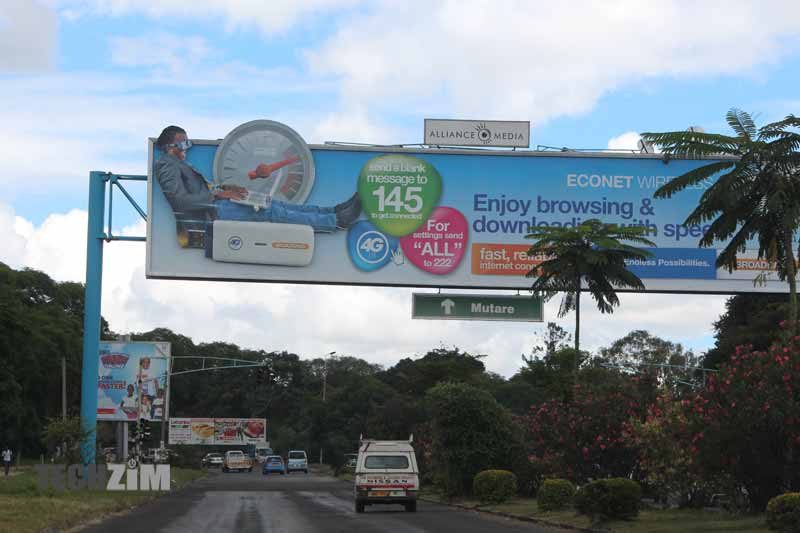How Zimbabwe’s High Internet Prices Stifle Local Developers’ Online Projects

In today’s digital age, the internet serves as a gateway to endless opportunities, enabling individuals and businesses to connect, innovate, and thrive. However, in Zimbabwe, the exorbitant cost of internet access poses a significant barrier to local developers, hindering the success of their online projects and impeding the country’s digital advancement.
Zimbabwe, like many other developing nations, faces challenges in providing affordable and reliable internet access to its citizens. Despite efforts to expand connectivity, including initiatives to enhance infrastructure and promote competition among service providers, the cost of internet remains prohibitively high for many Zimbabweans. This situation not only limits access to information but also stifles the growth of the country’s burgeoning tech sector.
Local developers in Zimbabwe possess immense talent and creativity, leveraging their skills to create innovative online projects ranging from mobile apps to e-commerce platforms. However, the high cost of internet access presents a formidable obstacle for these developers, impacting their ability to realize the full potential of their endeavors. Here’s how:
- Limited Access: For many Zimbabweans, particularly those in rural areas and low-income communities, internet access is a luxury rather than a necessity. High data prices put access to online resources out of reach for a significant portion of the population, depriving developers of potential users and customers for their projects.
- Financial Strain: Developing and maintaining online projects require constant internet connectivity, which comes at a considerable expense. The high cost of data imposes a financial burden on local developers, diverting funds that could otherwise be invested in innovation, marketing, or expanding their ventures.
- Inhibiting Innovation: Innovation thrives in environments where ideas can flow freely, but expensive internet stifles creativity. When developers are constrained by limited access or high costs, they are less likely to experiment with new technologies or explore unconventional solutions to societal challenges, ultimately hampering the pace of innovation in Zimbabwe.
- Competitive Disadvantage: In the global marketplace, where online businesses compete on a level playing field, Zimbabwean developers face a competitive disadvantage due to expensive internet access. Their counterparts in countries with more affordable connectivity enjoy lower operating costs, enabling them to offer products and services at competitive prices and reach a wider audience.
- Digital Divide: The high cost of internet exacerbates the digital divide, deepening disparities between urban and rural areas, as well as affluent and marginalized communities. This uneven access to online resources perpetuates socioeconomic inequalities and limits opportunities for economic empowerment and social mobility.
To address these challenges and unlock the full potential of Zimbabwe’s tech ecosystem, concerted efforts are needed from both government and industry stakeholders. Policy interventions aimed at lowering internet costs, improving infrastructure, and fostering competition among service providers are essential to expanding access and driving down prices. Additionally, initiatives to promote digital literacy and skills development can empower local developers to leverage technology more effectively and create impactful online projects.
Furthermore, partnerships between public and private sectors, as well as collaboration with international organizations and tech companies, can facilitate investment in infrastructure development and capacity building initiatives. By working together to tackle the root causes of high internet prices, Zimbabwe can create an enabling environment for innovation, entrepreneurship, and economic growth in the digital age.
In conclusion, the high cost of internet access in Zimbabwe is not just a matter of affordability; it is a barrier that hinders the success of local developers and constrains the country’s digital transformation. By addressing this issue head-on and prioritizing policies that promote affordable and inclusive connectivity, Zimbabwe can unlock the full potential of its tech-savvy population and pave the way for a brighter digital future